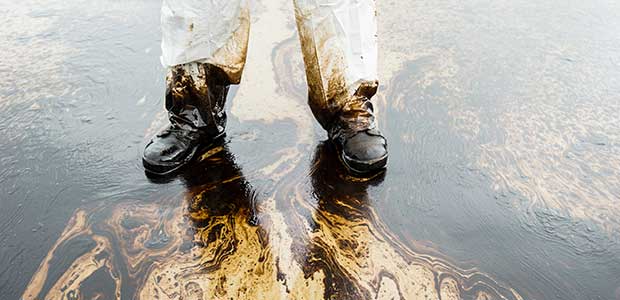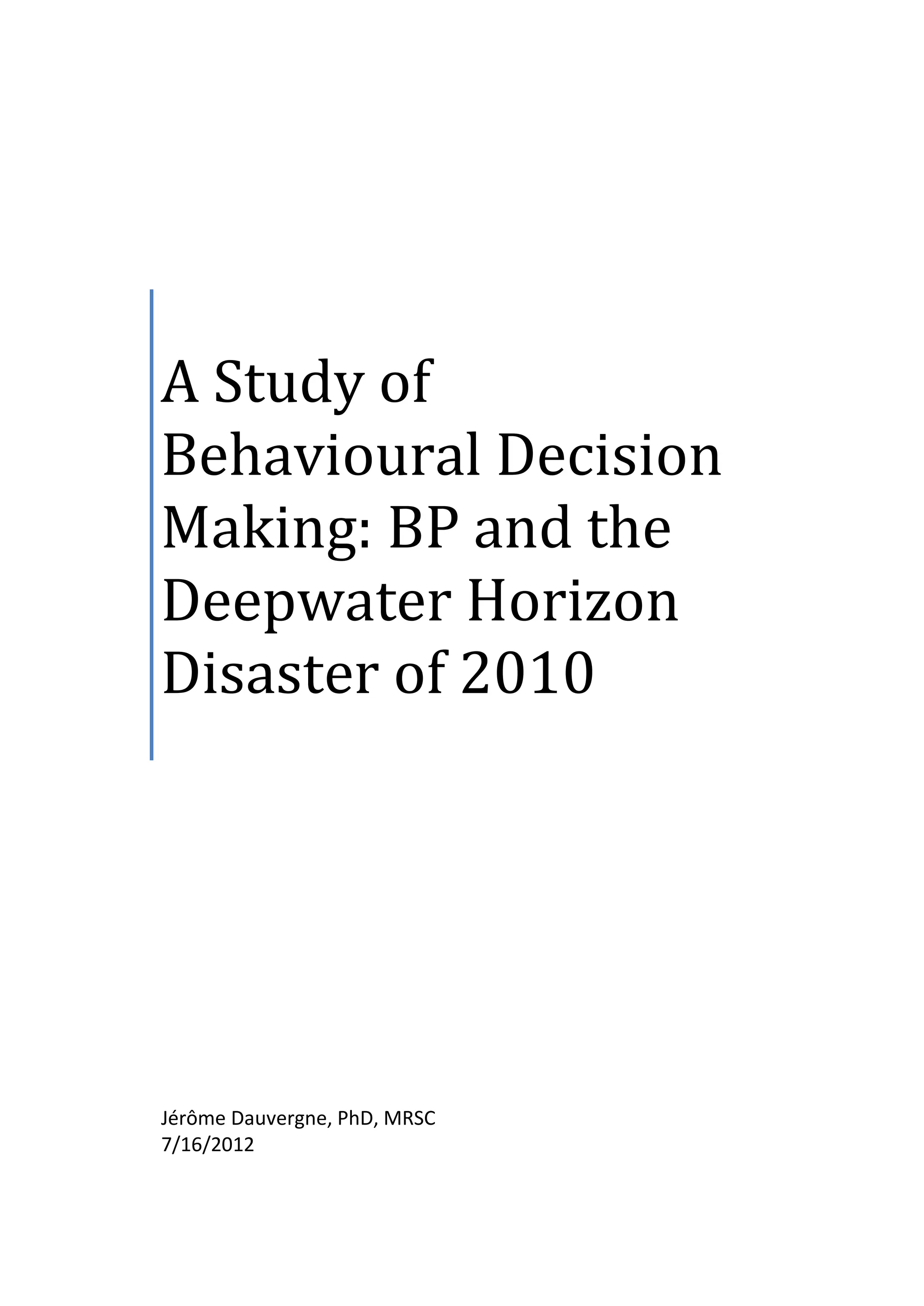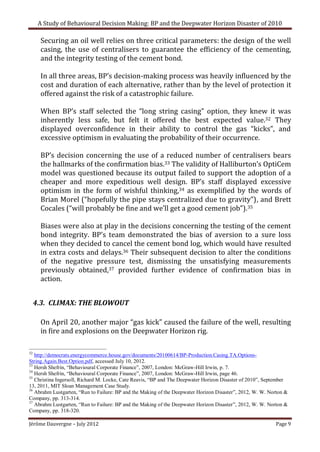The Deepwater Horizon oil spill, which occurred in April 2010, remains one of the most catastrophic environmental disasters in history. This incident not only caused unprecedented ecological damage but also highlighted significant flaws in the regulatory frameworks governing offshore drilling operations. As a result, the spill acted as a catalyst for change in oil industry regulations, prompting a reevaluation of safety standards, emergency response protocols, and corporate accountability. This article explores the implications of the Deepwater Horizon disaster on oil industry regulations and examines the changes that followed in the United States and beyond.
The Deepwater Horizon Disaster: A Brief Overview
On April 20, 2010, the Deepwater Horizon, a mobile offshore drilling unit, experienced a blowout while drilling an exploratory well for BP in the Macondo Prospect, located in the Gulf of Mexico. The blowout resulted in a catastrophic explosion that killed 11 workers and led to the sinking of the rig. Over the next 87 days, an estimated 4.9 million barrels of oil were discharged into the Gulf, causing extensive damage to marine and coastal ecosystems as well as severe economic repercussions for local communities.
Initial Regulatory Failures
Before the Deepwater Horizon spill, the oil industry was subject to a complex web of regulations. However, several critical failures in oversight and enforcement contributed to the disaster:
- Inadequate Safety Standards: Existing regulations were often outdated and did not adequately address the risks associated with deepwater drilling.
- Regulatory Capture: The Minerals Management Service (MMS), responsible for regulating offshore drilling, faced criticism for its close ties to the industry, leading to conflicts of interest.
- Insufficient Emergency Response Plans: Many companies lacked robust emergency response strategies to deal with potential blowouts.
These failures underscored the need for a comprehensive reevaluation of the regulatory framework governing the offshore oil industry.
Regulatory Changes Post-Deepwater Horizon
In the wake of the disaster, a significant shift in regulatory policy occurred, driven by public outcry, political pressure, and the need for greater accountability within the oil industry. Key changes included:
1. Strengthening of Safety Regulations

One of the most immediate responses to the disaster was the enhancement of safety regulations for offshore drilling. The Bureau of Ocean Energy Management, Regulation and Enforcement (BOEMRE), which replaced the MMS, implemented stricter safety standards, including:
- Mandatory blowout preventer (BOP) testing and certification.
- Enhanced requirements for drilling plans and risk assessments.
- Regular safety audits and inspections of offshore facilities.
These measures aimed to ensure that oil companies were held accountable for maintaining safe operational practices.
2. Increased Financial Responsibility

The financial responsibility regulations also underwent significant changes. Under the Oil Pollution Act, oil companies are required to demonstrate their ability to cover the costs associated with oil spills. The Deepwater Horizon disaster exposed the inadequacies of existing financial guarantees, leading to:
- Increased liability limits for oil spills.
- Mandatory insurance coverage for offshore operations.
These regulations aimed to ensure that companies would be financially accountable for any environmental damage they caused.
3. Enhanced Environmental Assessments
Environmental impact assessments (EIAs) became more rigorous following the spill. The new regulations required:
- Comprehensive assessments of the potential impacts of drilling on marine ecosystems.
- Involvement of independent third-party reviewers in the assessment process.
These measures sought to provide better protection for the environment and ensure that potential risks were thoroughly evaluated before drilling commenced.
Case Studies: Lessons Learned from Other Countries

The Deepwater Horizon disaster not only influenced regulations in the United States but also served as a cautionary tale for other countries engaged in offshore drilling. Several nations took proactive measures to reevaluate their regulatory frameworks, including:
1. United Kingdom
In response to the Deepwater Horizon spill, the UK government established the “Oil and Gas Authority” (OGA) to oversee offshore operations. The OGA implemented stricter safety regulations and emphasized the importance of asset integrity management in drilling operations.
2. Norway
Norway, known for its robust regulatory framework, utilized the Deepwater Horizon incident to strengthen its already stringent safety standards. The country emphasized the need for continuous improvement in safety practices and encouraged a culture of transparency and accountability in the oil industry.
The Role of Technology in Regulatory Compliance
As regulations evolved, technology played a crucial role in enhancing safety and compliance in the oil industry. Innovations such as:
- Advanced blowout preventer technologies.
- Real-time monitoring systems for offshore operations.
- Robotic systems for underwater inspections and maintenance.
These technologies not only improved safety but also enabled companies to comply more effectively with new regulatory requirements.
The Impact on Industry Practices

The regulatory changes following the Deepwater Horizon disaster have had a profound impact on industry practices. Companies have adopted a more proactive approach to safety, emphasizing:
- Corporate social responsibility and environmental stewardship.
- Enhanced training programs for employees to recognize and mitigate risks.
- Collaboration with regulatory bodies and stakeholders to foster transparency.
As a result, the oil industry has made strides toward improving safety and environmental performance, although challenges remain.
The Deepwater Horizon oil spill was a wake-up call for the oil industry, revealing critical shortcomings in safety regulations and oversight. The regulatory changes that followed the disaster have reshaped the landscape of offshore drilling, leading to enhanced safety standards, increased financial responsibility, and more rigorous environmental assessments. The spill served as a catalyst for change, prompting not only the United States but also other countries to reevaluate their regulatory frameworks. As the industry continues to evolve, embracing technology and fostering a culture of accountability and transparency will be crucial in preventing future disasters. Ultimately, the lessons learned from the Deepwater Horizon disaster underscore the importance of stringent regulations and proactive safety measures in safeguarding both the environment and the communities that depend on it.